Our Programmes
CURRENT PROGRAMMES
Potentials of Agroecological practices in east Africa with a focus on Circular water-energy-nutrient systems (PrAEctiCe) – The project focuses in Kisumu, Siaya, and Homabay Counties in Kenya.
Narrative description of project: PrAEctiCe will provide a novel agro-ecology indicator set for East Africa, aimed at helping smallholder farmers in their agro-ecological transition. The project goes beyond the existing indicator frameworks by putting the “concept into action” with a decision support tool for agro-ecology advisors supporting the selection of the best suited combination of agro-ecological practices in a local context. In addition, it puts a focus on circular water-energy-nutrient systems of integrated aqua-agriculture, a practice with high potential for efficient farming with minimal climate impacts, which has not been sufficiently explored in previous indicator work. Through a multi-stakeholder approach, new insight on agro-ecological practices in East Africa will be gathered to inform on existing successful practices as well as the barriers and drivers of East African smallholder farmers. This insight will help develop an indicator framework for agro-ecology, which, while building on existing frameworks, is adapted to the East African context and captures integrated aqua agriculture practices in detail. The PrAEctiCe decision support tool will then, at the farm level, help assess environmental and socio-economic impacts, with a particular focus on impacts on climate change mitigation and adaptation as well as financial viability. The tool will be validated in three living labs, situated in Kenya, Uganda and Tanzania, covering different integrated aqua-agriculture farming set-ups. Knowledge sharing activities through trainings, student exchanges and events, ensure the dissemination of results across East Africa and between AU and EU. To reach practitioners at every level, a cascade training mechanism with a train-the-trainer course will help agro-ecology advisors train farming representatives at the local level who then will help the farmers in their agro-ecological transition. Policy recommendations for AU and EU policies will round off the project.
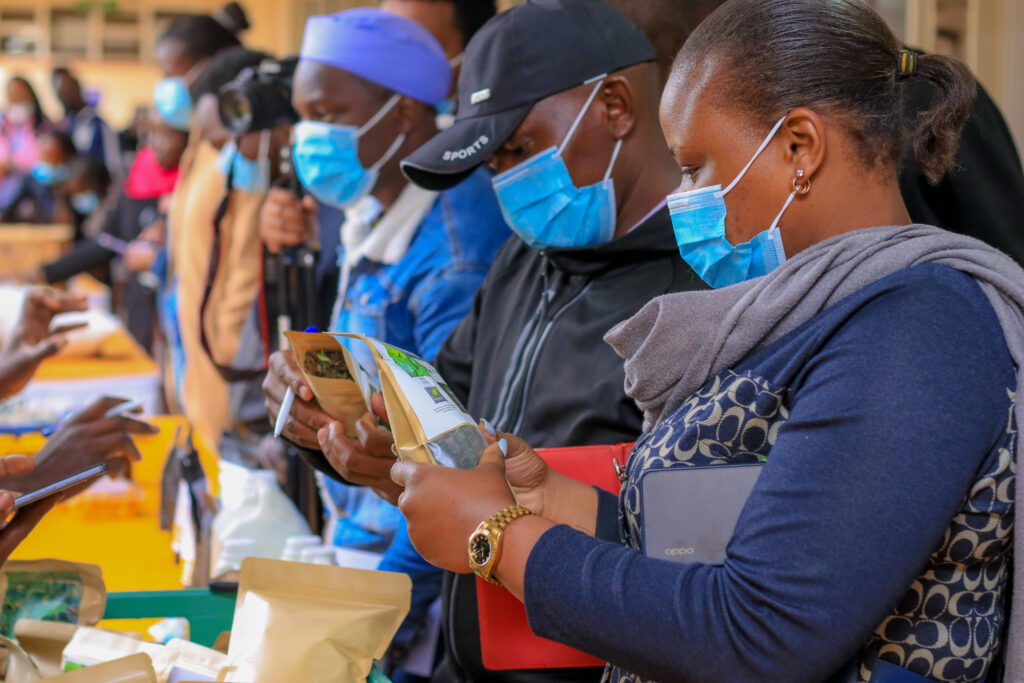
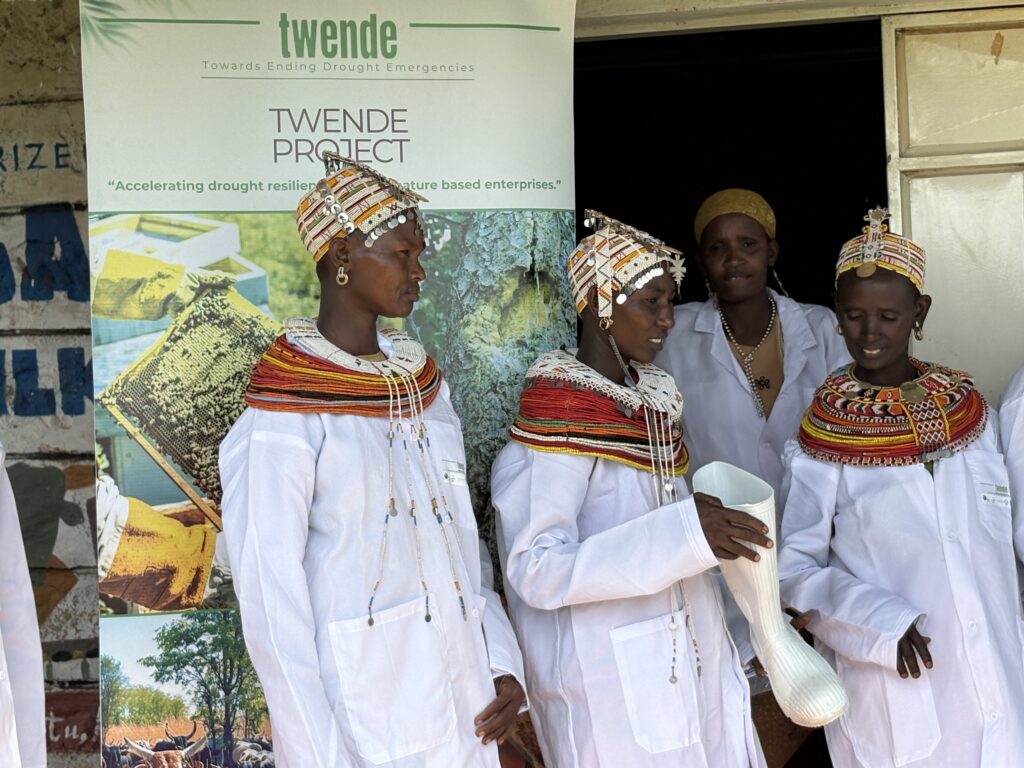
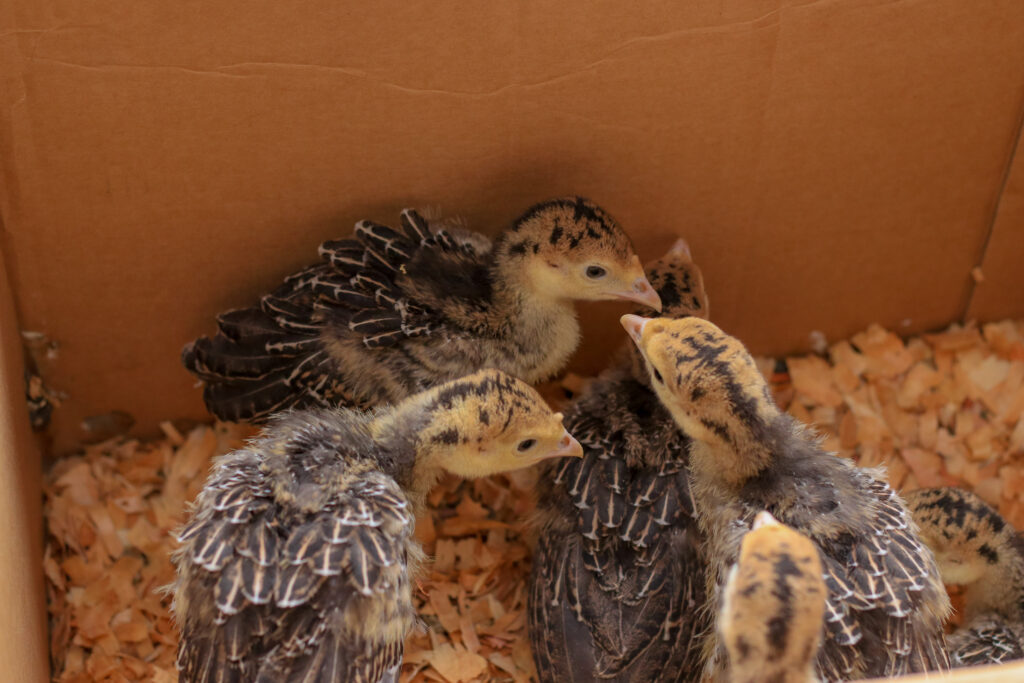
Description of actual services provided by your staff within the assignment:
- Mapping of relevant stakeholders involved in AE, existing networks and programmes in the nexus of AE, environment and business will be identified in East Africa. The mapping includes the coding of organizations’ location and their AE work and the identification of capacity needs for different stakeholders.
- Co-creation activities with key stakeholders to share knowledge, experiences and lessons learnt by various stakeholders on agroecology
- Cascade training (train-the-trainer) on the PrAEctiCe indicator framework and findings from the mapping of AE in East Africa, targeting AE advisors
- Production of policy documents (briefs) for relevant entities at county and national level in East Africa as well as recommendations for relevant EU policies and priorities (e.g. EU strategy for Africa, Green Deal, Farm to Fork strategy).
- Development of Practice Abstracts to facilitate the flow of information from projects to end-users (farmers and foresters) and share relevant innovative and practice-oriented knowledge developed in the projects. The resulting innovative knowledge from this project will feed into the EIP-AGRI (The agricultural European Innovation Partnership) website for broad dissemination to practitioners. End-user material will be produced in the form of a number of summaries for practitioners in the EIP common format (“practice abstracts”). The project details will also be submitted to the platform with the first deliverable submission.
- Mapping of agro-ecological and integrated aqua-agriculture practices in East Africa
- Identification of approximately 10 best practice examples across various climatic zones in East Africa, through characterization of the screened AE practices from T2.1 in terms of the FAO’s 10 AE elements.
- Analyze in details selected agroecological case studies to extract underlying success factors and key aspects contributing to the success of each case study, characterized by positive socio-economic as well as environmental outcomes.
IUCN TWENDE– Towards ending drought emergencies: Ecosystem based adaption in Kenya’s arid and semi-arid Rangelands by CI and IUCN.
After a successful camel milk value chain analysis, AAA Kenya was able to identify and evaluate about 10 business cases that will proceed to the next step of capacity development. The business cases will undergo a hands-on training where they will be learning on financial management, marketing and branding, business planning, and get to have an expert to help them learn on the right procedures of packaging milk as per the standards.
The REVIVER project is an innovative initiative funded by the European Union that aims to advance eco-sustainability and regenerative agriculture by creating an extensive educational curriculum for regenerative agriculture and establish an inter-regional network of stakeholders. The project involves international cooperation with organizations from Europe and sub-Saharan Africa. The initiative increases the knowledge and skills required for the shift from traditional to regenerative agricultural practices by educating young farmers and VET providers. The project aims to develop a vocational curriculum addressing Europe and sub-Saharan Africa’s specificities and create online learning platforms, thereby contributing to regenerative agriculture and regional priorities.
Narrative description of project:
This project is being implemented in Kenya, Tanzania and Ghana, engaging various partners both in Europe and Africa led by Pannonia Consulting Group in Croatia. Other partners include Learning Library in Estonia, Outside Media in Germany, Kua Zone Innovation college in Kenya, University of Education in Ghana and Apex Agribusiness Academy in Tanzania.
Objectives.
- Increase VET providers and young farmers’ awareness about regenerative agriculture and enhance their knowledge and skills for transitioning from traditional to regenerative agriculture.
- Create a unique vocational curriculum for regenerative agriculture, considering Europe’s and Africa’s geographical, climate, and ecological characteristics, while offering mentorship opportunities for its practitioners.
- Create an inter-regional network of stakeholders to strengthen and preserve biodiversity and soil fertility that conform to the principles of regenerative agriculture.
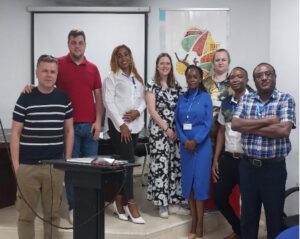
past programmes
1.Youth in Agroecology Business Learning Track Africa (YALTA). The project aim at promoting youth drive sustainable food systems and economic development in Ethiopia, Kenya, Uganda, Rwanda. There was successful implementation of the YALTA project in Kenya through youth caravans, national summits, capacity building and business development through business accelerator program, and mentorship program. The project was funded by IKEA foundation through Netherland food partnership. At national level there were stakeholders who supported including SNV, PELUM Kenya, EAFF, SNV, Worldveg, Techno serve
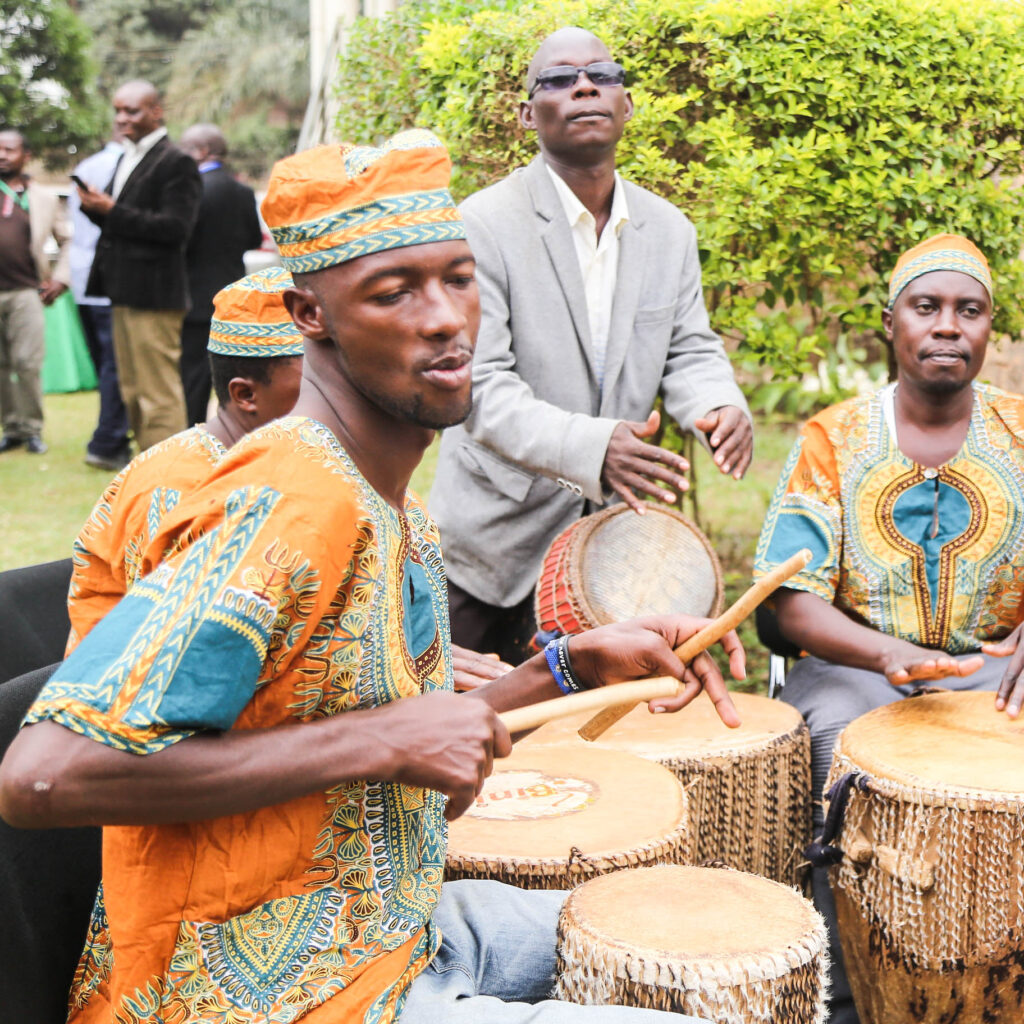
3. Equitable Prosperity through Private Sector Development Program by Mennonite Economic Development Associates under the Global Affairs Canada (MEDA)
Project was implemented in Makueni, Kitui, Kisumu, Homa Bay, Migori
Narrative description of project:
The overall objective of this project was to enhance the economic value of specific horticulture value chains by increasing the quality and quantities destined for local, regional and international markets. Additionally, the project aimed at injecting ideas that would improve the gender and environmental performance of smallholder producer enterprises (SEs) and small and medium scale enterprises (SMEs)
Description of actual services provided by your staff within the assignment:
- Identification of gaps and opportunities in selected value chains of mangoes, avocadoes and Africa Leafy vegetables and develop capacity development programmes in quality management, marketing, supply chain management, environmental audits and value addition while incorporating cross cutting issues of gender mainstreaming and inclusivity.
- Carried out a value chain analysis and market study for the 3 value chains, identified and documented gaps and opportunities; leading to the development of various training modules, business ideas & models
- Developed training contents for SMEs and SEs on food safety and hygiene, Marketing, Supply Chain Management, Business Planning, Environmental audits, gender equality and value addition. In collaboration with the respective Counties, carried out specific capacity building
- Carried out actual capacity development for 87 SMEs and SEs and connected 18 of them, mainly youth and women-led enterprises as well as start-ups to suitable coaches and mentors
- Assisted 15 of the businesses to develop bankable and investor-ready Business Plans that were submitted to MEDA for potential financial assistance
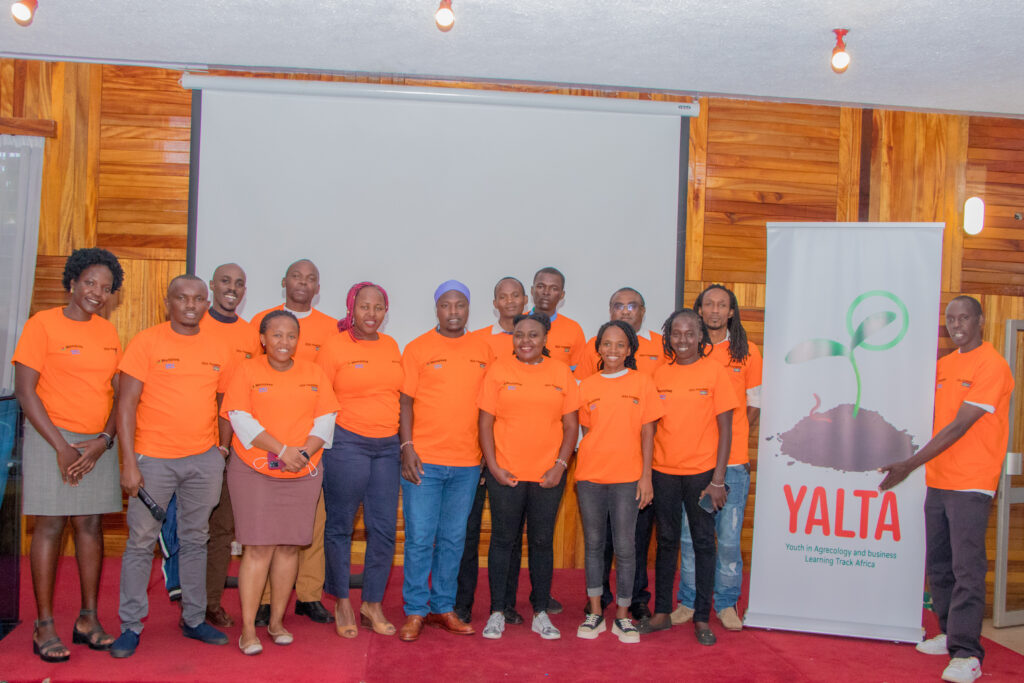
2. TWENDE towards ending draught emergencies: Ecosystem based adaption in Kenya’s Arid and semi-arid rangeland by conservation international (CI) and International Union for conservation of nature (IUCN).
AAA Kenya mandate was to carry camel milk value chain analysis in Garissa, Tana River, Isiolo, Marsabit, and Samburu where we came up with about 10 business cases who will funded with equipment that will help boost ecosystem in Arid and Semi-arid rangeland.

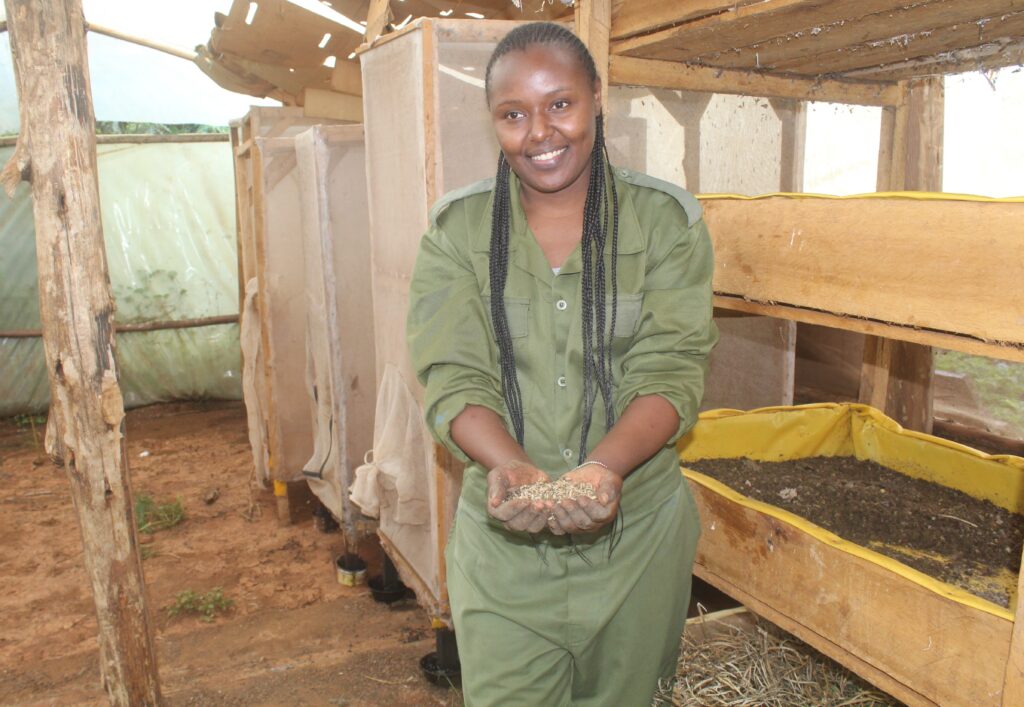
4.Capacity Development on Entrepreneurship and Marketing to Smallholder Farmers, Young Men and Women in Kakamega, Siaya and Migori Counties of Kenya which was funded by Food and Agricultural Organization of the United Nations (FAO).
Narrative description of project:
The project aimed at reducing rural poverty through evidence-based policy support and capacity development that will generate conducive trading environment and generate better incomes and decent rural employment with a particular focus on fostering and empowering women and youth through agribusiness.
Description of actual services provided by your staff within the assignment:
- Developing training curriculum, material and implementation plans
- Undertaking beneficiaries mapping, selection, verification and registration and subsequently profiling them using Kobo collect tools
- Organizing workshops and training and coaching of selected youth on entrepreneurial skills, business planning, quality management, business development services and marketing
- Training the youth on digital technologies to support access to more markets, make market-informed production and processing decisions and enhance sustainable agricultural practices
- Effectively monitoring and documenting project activities and uploading all training contents, material, outcome and lessons learned in FAO Africa Youth Agripreneurs (AYA) digital platform
AAA successfully designed and developed training content and curriculum of all agreed topics that were administered to two cohorts of youth and women trainees in the 3 counties. 37 youth and women were trained and subsequently, 6 success business cases were identified and documented through video recording that was then uploaded on the FAO AYA digital platform.
5. Scaling up Rural Youth Access to Inclusive Financial Services for Entrepreneurship and Employment in Kenya, Uganda and Rwanda by Eastern Africa Farmers Federation (EAFF) under the IFAD Youth project in Kenya, Uganda Rwanda, DRC, Burundi and Southern Sudan.
Narrative description of project:
The project aimed at supporting and building the capacity of youth and women agri-preneurs to refine their business ideas, develop business plans and source for funding towards building profitable enterprises.
Description of actual services provided by your staff within the assignment:
- Developing necessary skills among youth to develop business plans and scale-up their agri-enterprises
- Training trainers of trainers (TOTs) to spearhead Business Plan training and coaching of youth in their countries
- Identifying and supporting financial mechanisms o Scaling up successful practices
- Sharing lessons learnt
- Setting up regional youth business networks
- Assisted 155 youth enterprises to develop bankable and investor ready Business Growth Plans (68 in Kenya, 47 in Uganda and 40 in Rwanda)
Enabled Business “elevator” Pitching for 24 most promising youth businesses (Business Champions) to potential financiers
